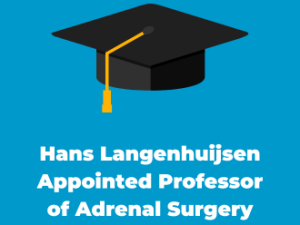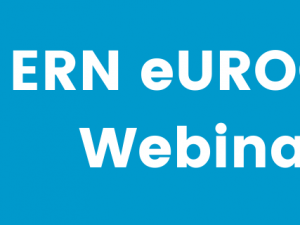In a meeting held in Brussels on 6 February 2020, the European Commission (EC) introduced a new project to provide technical assistance to the ERNs for the development, appraisal and implementation of Clinical Practice Guidelines (CPGs) and Clinical Decision Support Tools (CDSTs): Capacity building of the European Reference Networks to develop and adapt clinical decision-making tools addressing rare diseases: the ERN-Clinical Guidelines Programme.
The workshop gathered coordinators and clinical experts from the 24 ERNs with the EC and the new consortium led by Fundacion Progreso y Salud, winner of the guidelines tender and responsible for the implementation of the whole project. The contract comes from a need identified by the Working Group on Knowledge Generation, which gathers representatives of several ERNs and Member States. The four-year contract will enable the ERNs to adopt a common methodology and develop their own decision-making tools; each ERN will be allocated two new clinical guidelines where none currently exist, along with five expert consensus recommendations in areas where there is less evidence.
Most of the ERNs are already active and are either producing or adapting existing CPGs or CDSTs. Three ERNs (ERN ReCONNET, ERN eUROGEN and ERN TransplantChild) illustrated their experience in this field at the meeting. The needs are quite diverse, depending on the rare diseases concerned; whilst some decision-making tools exist for some diseases and only need to be disseminated, in other cases it is necessary to adapt existing clinical guidelines to the specificities of the diseases. In other cases, there is simply not evidence enough to draft clinical practices guidelines and therefore other decision-making tools like expert consensus or recommendations are required.
Starting from the ERNs’ needs and the state of the art, the consortium proposes to work on a common methodology and will deliver training activities, to create a harmonized way of proceeding across the ERNs and to support them in producing decision-making tools. The consortium will also assist them in the production of two new CPGs and review of five CDSTs per network with a total of 48 new CPGs and the adaptation of 120 existing CPGs during the duration of the contract. The work will be flexible and adapt to diverse situations across the networks.
The participants addressed also several key aspects e.g., the question of copyright when existing CPGs are owned by scientific societies and possible conflicts of interest. The Joint Research Center presented relevant work already developed and now extended in the field of clinical guidelines for cancer screening. Orphanet also pointed out the importance of linking the ERNs’ work on CPGs and CDSTs with the 500+ guidelines published on their website and coordinating dissemination efforts.
eUROGEN now needs to appoint volunteers from each of our three workstreams to lead work with the Spanish consortium. Thank you to Ben Ayres and Maarten Albertsen for volunteering for Workstream 3! Workstream 1 and 2 volunteers – don’t be shy……..please contact Michelle Battye to signal your interest. Please also complete these two (one and two) surveys for the Spanish consortium to help them understand our needs. All the documents related to the guidelines work can be found on the ECP.



